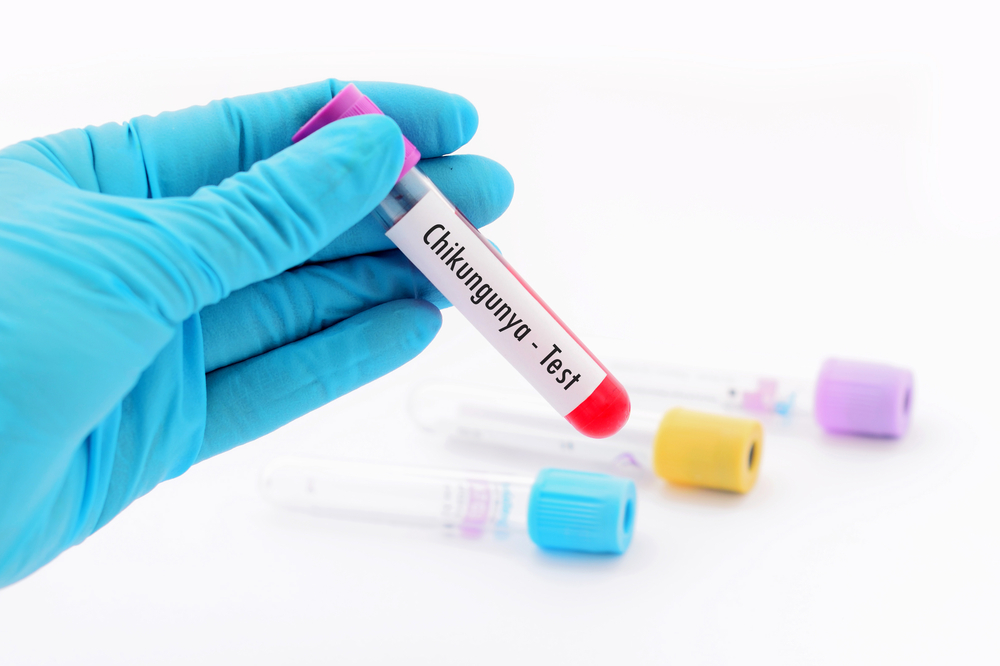
A manganese-based peptide antioxidant of Deinococcus combined with radiation was shown to be a promising step in developing a vaccine to counter both the Venezuelan Equine Encephalitis Virus (VEEV) and Chikungunya virus, according to a recent study conducted by the Uniformed Services University (USU), the Maheshwari Laboratory, and the U.S. Army Medical Research Institute for Infectious Diseases.
According to USU researchers, the peptide had a remarkable property of protecting proteins from ionizing radiation damage but not the genetic material, DNA or RNA, in viruses and bacteria.
Using D. radiodurans, which the Guinness Book of World Records described as the “world’s toughest bacterium” due to its ability to survive up to 3,000 times the levels of gamma radiation compared to human cells, the research team found that pathogens can be exposed to radiation in the presence of Deinococcus Mn complex and be killed from genetic damage. The study found, however, that the pathogens maintain the shape of key surface proteins needed for the body to mount a highly-effective immune response.
The researchers believe this approach, which is more cost-effective and faster than some contemporary treatments, could be applied to pathogens like Ebola and Zika viruses as well.
“Application of this methodology has the potential to revolutionize all future vaccine development,” Paridhi Gupta, who served as the study’s co-lead author, said.
The project was funded through the Defense Threat Reduction Agency.




